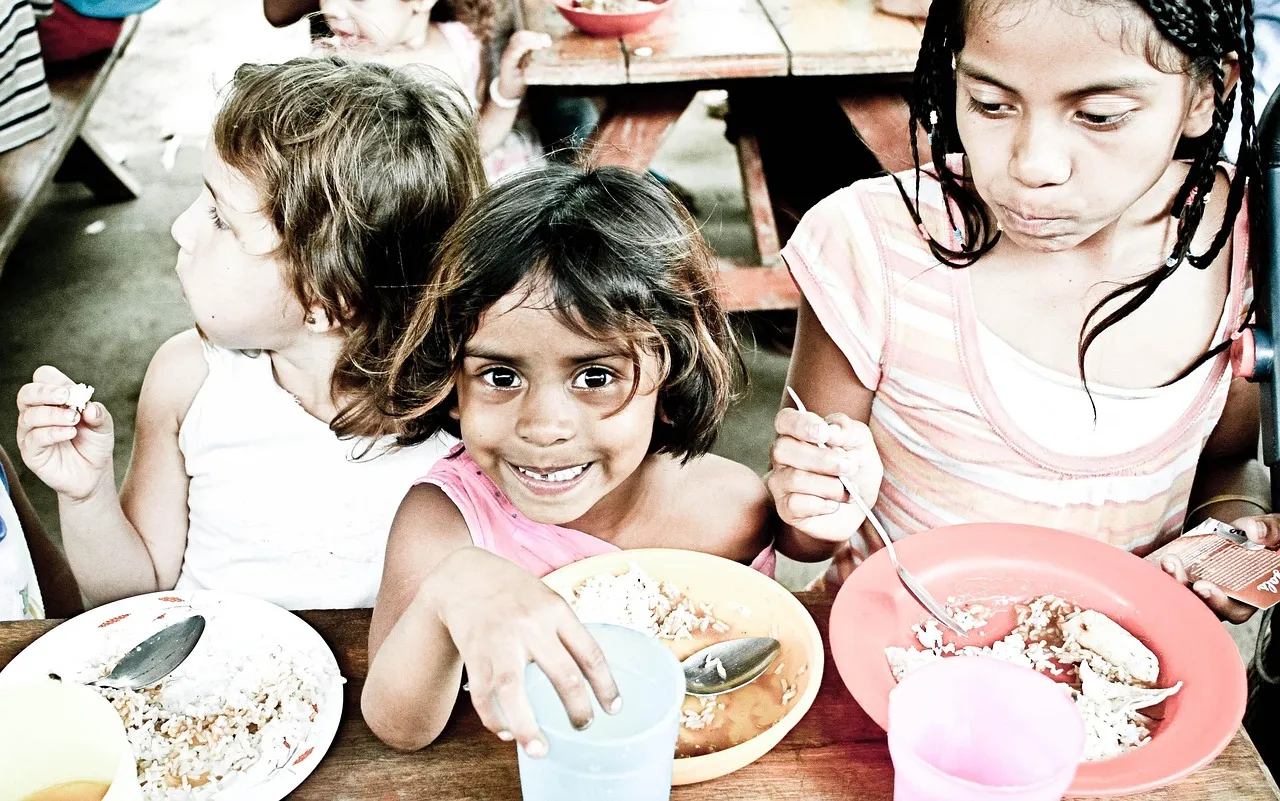Walk into any society, old or new, rich or poor, and you’ll find a mess of problems. Some call them challenges, others name them injustices. But in essence, they are social issues—poverty, inequality, crime, discrimination, corruption, or just the small daily frictions that keep people restless. The question often arises: can humanity ever get rid of them completely? The simple, maybe disappointing, answer is no. Social issues might always exist. And the reasons run deep into the structure of human life itself.
First, consider diversity. People are not identical. They think differently, act differently, want different things. One family values freedom, another clings to tradition. One person craves wealth, another seeks equality. Put millions together in a city, and conflict naturally arises. Even if laws try to balance interests, someone always feels left out. Diversity makes life rich, but it also makes agreement impossible on every front. The result is tension that turns into social issues.
History strengthens this view. Ancient Greece, often admired for its democracy, still had slaves. The Roman Empire built glorious roads yet relied on conquest and exploitation. Fast forward to modern times—nations that reached the moon still struggle with racism or homelessness. If thousands of years of progress have not erased these patterns, maybe the issue is not lack of advancement, but the fact that human nature itself generates new conflicts. Solve one, and another grows in its place.
Take technology as an example. When the internet spread, people believed it would connect humanity, spread knowledge, and end ignorance. It did, but it also created new problems: online scams, cyberbullying, misinformation. Social media gave voice to the voiceless but also spread hate faster than any pamphlet or rumor could in the past. The lesson here is sharp—solutions fix one corner, but often open cracks elsewhere. Social issues shift form, but they rarely disappear.
Inequality deserves special attention. Societies always produce layers—rich and poor, powerful and powerless. Even in a system designed for fairness, differences emerge. Some study harder, some inherit wealth, some live in regions with better resources. As long as humans compete, as long as resources are limited, inequality lingers. It may shrink at times, but complete equality is an illusion. And inequality always fuels other problems: crime, resentment, corruption, unrest.
Culture also plays a tricky role. What counts as a problem in one society might not be seen as one in another. For instance, arranged marriages are normal in parts of South Asia, but some Western thinkers call them oppressive. Conversely, high divorce rates in the West raise concerns about family stability, while other societies view that freedom as healthy. Cultural variation means every society defines issues differently, which means the list never ends. Remove one, and another appears because values shift.
Politics makes things even messier. Leaders thrive on identifying problems, then promising to solve them. But if all issues disappeared, what would politics be left with? In truth, complete harmony might not serve the interests of those who gain power from division. Some issues are exaggerated, some prolonged, because they give leaders agendas. That doesn’t mean every problem is manufactured, but it does suggest that power structures have little incentive to create a world without conflicts.
Now, think about morality. Human beings disagree on right and wrong. Some consider capital punishment justice, others call it cruelty. Some defend absolute free speech, others insist on limits to protect society. With no universal consensus, social disputes keep erupting. Philosophy never reached a final answer, and maybe it never will. As long as moral frameworks clash, social issues follow.
Another layer is human emotion. Jealousy, fear, anger, greed—they don’t vanish with education or wealth. They just change their targets. A child fights over a toy. Adults fight over land, money, or influence. Nations fight over borders. At each level, emotions drive actions that breed conflict. Unless human psychology itself transforms, social problems rooted in emotion will continue.
There’s also the factor of progress. Ironically, every improvement brings new troubles. Industrialization created jobs but polluted rivers. Cars brought freedom but also accidents and climate change. Modern medicine saves lives but creates dilemmas about overpopulation, aging, and resource strain. Progress fixes yesterday’s issues while planting seeds for tomorrow’s. That cycle makes social problems almost permanent companions.
Religious and ideological diversity adds yet another twist. Faith gives comfort to billions, but differences in belief also spark disputes. Secularism versus religiosity, liberalism versus conservatism—these battles replay across generations. Even within one religion, sects disagree, sometimes violently. As long as belief systems remain varied, friction remains too.
One might ask: if problems always exist, should we lose hope? Not at all. Recognizing permanence does not mean surrender. Think of health. Humanity will never eliminate every disease, yet we still build hospitals, invent vaccines, and extend lives. The same logic applies to social issues. We may never achieve utopia, but we can reduce suffering, make fairer systems, and prevent disasters. The fight is not for perfection—it’s for progress.
Sometimes progress is quiet. Literacy rates climb, child mortality drops, life expectancy grows. These gains don’t erase all problems, but they shift the balance toward better living. Look at gender rights. Women in many parts of the world gained voting power, education, and workplace presence that was unthinkable a century ago. Yet gender inequality persists. The key point: society rarely achieves total victory, but steady improvement is possible.
Another reason to keep striving is resilience. Human beings adapt. Floods, wars, pandemics, corruption—societies bend but do not always break. Out of crises, reform movements rise. Out of injustice, revolutions ignite. This resilience ensures that even though social issues never vanish, the struggle against them shapes better futures. The fight itself becomes part of human identity.
In a way, the endless presence of social issues might even be useful. They keep societies awake, force debates, inspire reforms. Imagine a world with zero problems. Would people still innovate, still protest, still dream of justice? Struggle often sharpens creativity and solidarity. Of course, that doesn’t justify the pain caused by inequality or violence, but it does explain why problems persist: they reflect the restless, imperfect, evolving nature of human life.
So maybe the real lesson is acceptance with action. Accept that social issues never fully end, but act anyway to reduce their weight. Think of them as waves—you cannot stop the ocean, but you can build boats, learn to swim, or guide others to shore. That mix of realism and effort defines the human journey.
Every society has cracks. Some visible, some hidden. Fill one, another appears. This endless cycle frustrates idealists, but it also drives reformers. The world never reaches perfection, yet it always inches forward. Perhaps that’s the point: social issues always exist, not because humanity fails, but because humanity evolves, and evolution never stops.


